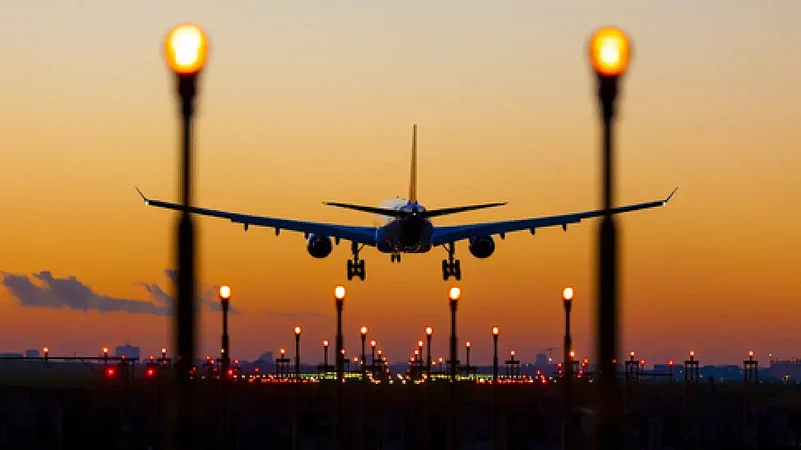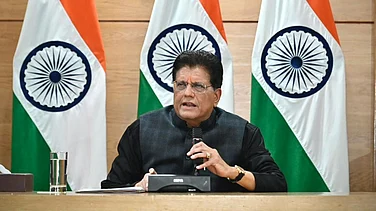China's tougher border measures and Japan's cautious approach towards relaxation in inbound travel restrictions could displace Asia-Pacific as the world's largest air passenger market for 2022, a report said on Monday.
As against 3.38 billion flyers travelled in the APAC (Asia-Pacific) region, accounting for 37 per cent of the global volume of 9.16 billion in 2019, the numbers of air passengers in the region slipped to more than half at 1.50 billion in 2021, with the region's share declining to 33 per cent, as per the report by Airports Council International-Asia Pacific (ACI-Asia-Pacific).
Following a phenomenal growth, 2020 was a watershed year for aviation as the COVID-19 pandemic crippled the industry, it said.
The Hong Kong based ACI-Asia-Pacific represents airport operators in Asia-Pacific and the Middle East region with 131 members operating 618 airports in 49 countries/ territories across the region.
The forecast, however, does not include the Middle-East, it stated.
Asia-Pacific, which has dominated the civil aviation market for several years prior to the pandemic, is estimated to finish second, behind Europe in terms of passenger share and at a comparable level with North America, ACI-Asia Pacific said.
It said the latest forecast indicates that by the end of 2022, passenger traffic will only recover by about 55 per cent as compared to pre-pandemic levels. This is in stark contrast to other regions where recovery is substantially higher, and indeed estimated to be approximately between 70 per cent and 80 per cent, respectively.
Although the latest ACI forecast predicts 22 per cent growth for 2022 over 2021, the share of passenger traffic in Asia-Pacific is likely to drop to second globally, with an estimated traffic of 1.84 billion passengers, a decline of 45 per cent compared to 2019, it stated.
Stefano Baronci, Director General of ACI-Asia-Pacific said, "The traffic in the region will not be able to fully recover to 2019 levels unless all countries keep their borders open to facilitate freedom of movement. China and Japan -- one of the largest contributors to the region's overall traffic -- have been slow in lifting travel and COVID restrictions."
Baronci said that the ACI-Asia Pacific urges states to take a measured approach to facilitate the recovery in a more sustainable manner and without causing significant impact on their healthcare system.
"Accelerating the recovery will need a whole of industry and government support, especially in view of an increasingly challenging macroeconomic scenario," he said.
ACI-Asia-Pacific also said it has written a letter, co-signed by ACI World and World Travel & Tourism Council (WTTC), to the prime minister of Japan, urging the government to remove all restrictions and restore the travel privileges to enable smooth recovery of the industry in the region.


























.jpg?w=200&auto=format%2Ccompress&fit=max)




